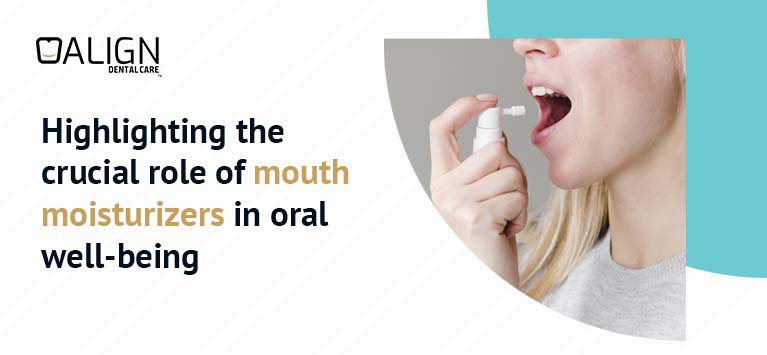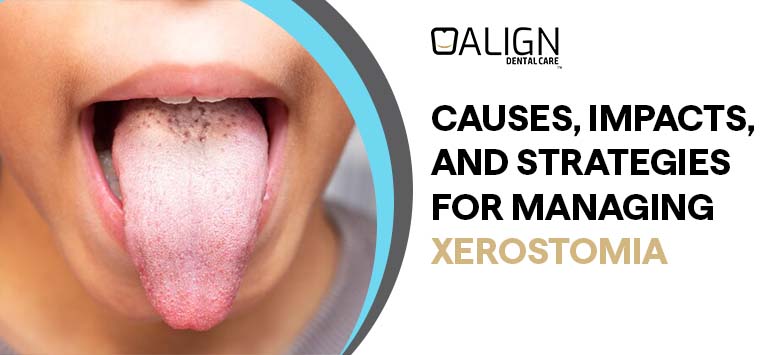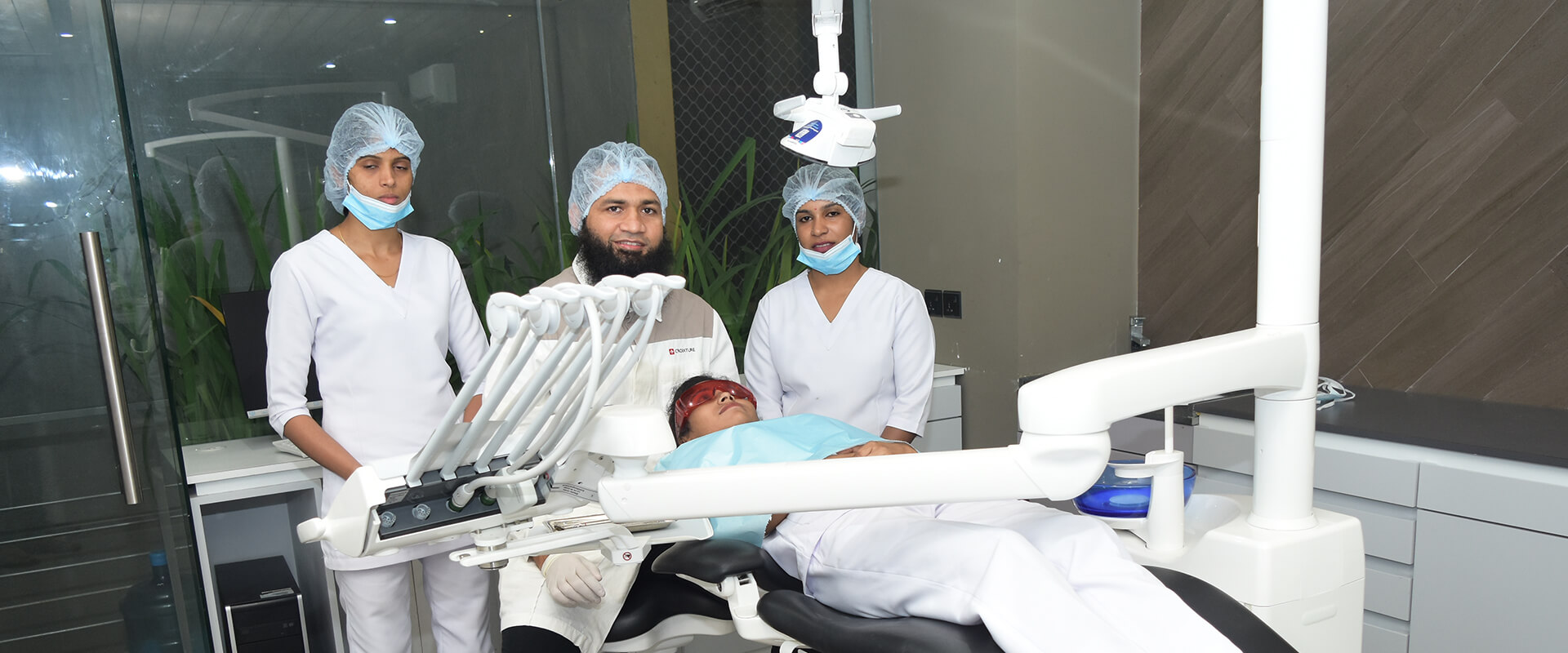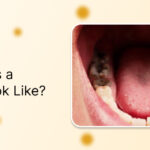Highlighting the crucial role of mouth moisturizers in oral well-being

Ever experience having a parched mouth? And to alleviate the dryness, do you require any kind of oral oasis? If you feel this way, you may have xerostomia, often known as dry mouth. Dry mouth, a frequent oral health disorder linked to less saliva, can cause problems with how your mouth works and major oral health problems.
The effects of a mouth moisturizer can mimic a momentary oasis for dry mouth. We’ll give you the lowdown on mouth moisturizers so you can make the best decisions for your circumstances.
What results in oral dehydration?
More than one individual has the sensation of having a dry mouth. Simply put, the mouth is dehydrated. This triggers a slight increase in saliva production, accompanied by discomfort in the oral cavity. Therefore, it’s crucial to rehydrate promptly. You’ll restore a positive attitude and proper oral equilibrium in this approach.
A dry mouth is an indication of dehydration. This is brought on by a number of unique causes. Water dehydration is the major cause of xerostomia. In other words, consuming this beverage in even a small amount prevents the tongue from retaining moisture. Additionally, the mouth cavity becomes dry after taking some drugs. These include analgesics or hypnotics, which have the side effect of drying out the mouth.
This soreness may also be brought on by a chronic illness, a periodontal condition, or an immunological disorder. Finally, xerostomia is caused by an issue with the salivary gland. The majority of the time, this final one emerges at night. You’ll likely have a strong urge to drink a lot of water, as well as a tendency for your mouth to feel quite pasty. This will be followed by a challenge with readily chewing food and the emergence of some fissures.
These will be evident at the level of the lips and hurt. Dehydration in the mouth can be detected by bad breath. You can see the dentist to find the cause of the issue as soon as these symptoms start to occur.
Guidelines for maintaining oral moisture
In order to properly keep your mouth moisturized, there are a number of techniques.
Maintaining oral hydration
Your mouth can be hydrated in the first step by being humidified. Indeed, water will give the mucous membranes of this cavity the essential hydration. This fluid is capable of performing the same function as saliva. The key argument in favor of drinking water frequently is this. Make sure the temperature is not excessively high or low.
You can, however, choose between employing a water or synthetic saliva sprayer. The nerves that power the salivary glands are stimulated by this accessory. If you have a history of respiratory issues, a physician must recommend the use of oral moisturizer due to the hazards involved.
Saliva activation with certain workouts
It is possible to produce saliva by following some fairly basic procedures. You may do this by chewing sweets or gum. If at all feasible, make them without sugar and mint-flavored. With the aid of a fresh breath, the salivation process may then proceed in the best manner possible. Additionally, several fruits and vegetables have the capacity to encourage salivation on a regular basis.
Reducing the use of tobacco
Smoking damages heart and lungs. Using of tobacco not only affects will eventually impact your oral health. The chemicals employed in its synthesis, change how saliva is produced in the mouth. Tooth decay and other oral problems are consequences of this dry mouth.
Proper dental care
Oral hygiene is one of the key habits to having a moisturized mouth. This will prevent xerostomia-related disorders from developing. These include periodontitis, gingivitis, plaque, and tartar. For this, brushing your teeth after each meal is necessary. Use toothpaste that doesn’t have a lot of fluoride when doing it.
This item could harm your salivary glands and gums. As recommended by the dentist, you might use mouthwash or dental floss to optimize your brushing technique. It’s crucial to refrain from using an alcoholic rinse solution.
The Foundation and Benefits of Mouth Moisturizers
Mouth moisturizers work as a replacement for saliva to treat dryness. A mouth moisturizer provides advantages even if it isn’t a perfect substitute for the healthy saliva your body generates. An oral moisturizer can temporarily alleviate that dry mouth feeling by putting a protective coating of moisture on your oral tissues.
Several medical sites suggest using a xylitol-containing over-the-counter mouth moisturizer. For this crucial component in any mouth moisturizer you purchase, check the label. You may also inquire about recommended or prescribed moisturizing products for dry mouth with your dentist.
Simply moisturizing your mouth for a few seconds helps alleviate the symptoms of dry mouth. Because switching from “Ugh” to “Ah!” Some advantages of dry mouth moisturizer include:
- They’re portable, so you can moisturize your mouth while you’re on the go.
- You can use mouth moisturizers as often as needed, depending on the specific product – some are available via prescription. (For some products, your dentist or doctor might provide instructions on how often to use a mouth moisturizer daily.)
- Hydrating your mouth can alleviate symptoms of dry mouth, like speaking challenges, eating discomfort, or swallowing difficulties.
- You can lessen your risk of developing infections, gum disease, and cavities. Mouth moisturizers aid in preventing the bacterial overgrowth that causes these oral health issues.
Long-Term Remedies for Dry Mouth
Moisturizers for dry mouth are a nice short-term solution, but they are not a dry mouth cure. The oral moisturizer’s benefits will eventually wear off, and sadly, your mouth will feel dry once more.
Visit your dentist and doctor so they can determine the underlying reason for your dry mouth and treat it for long-term comfort. Among the several underlying factors that contribute to dry mouth are:
- Anxiety and stress
- Dehydration
- Medication side effects
- Neurological and autoimmune problems
- Illnesses including diabetes, addictions, and sleep difficulties
Oral Care and Dry Mouth
In the event of experiencing dry mouth, it is highly recommended to counteract it by employing an oral moisturizer. Nevertheless, it is crucial to complement this action with consistent dental care practices and regular biannual dental check-ups. Given that dry mouth elevates the likelihood of developing cavities and other oral health complications, upholding a stringent oral hygiene regimen is of utmost importance.
A dry mouth moisturizer is an easy approach to temporarily control the symptoms of dry mouth. But for long-term relief and to rule out any underlying problems, make sure you see a doctor.
Causes, Impacts, and Strategies for Managing Xerostomia

Saliva, or spit within your mouth, plays an important role. It aids in the chewing and swallowing of food and protects your mouth from bacteria and tooth decay. When your spit glands do not produce enough saliva, a condition known as xerostomia occurs. This might cause your mouth to feel dry and unpleasant.
What is Xerostomia?
Xerostomia or dry mouth syndrome is an alteration of the salivary glands that produces an unpleasant sensation of dry mouth. The saliva decreases, and it acquires a viscous and foamy texture. The sense of taste is altered, and a sensation of pain and burning appears on the tongue.
Beyond the annoying sensation, it can trigger more serious problems. It usually causes dryness, irritation, and cracking in the mouth’s soft tissues, which puts the patient at risk of attack by microorganisms. Because saliva also serves as an antiseptic in the oral cavity, when its production declines, the risk doubles, and the mucous membranes and gums may become inflamed (gingivitis), or cavities, painful ulcerations, and halitosis may emerge.
Dry mouth syndrome can cause digestive and respiratory problems, including pharyngitis, dyspepsia, and constipation.
Causes of dry mouth syndrome
Dry mouth can be caused by several circumstances, including the following:
Medications
Certain pharmaceuticals, such as antihistamines, decongestants, and blood pressure medications, can cause dry mouth.
Aging
While dry mouth is not a natural result, older people tend to take more drugs, some of which might cause it.
Cancer treatment
Radiation therapy to the head and neck can cause salivary gland damage, resulting in decreased saliva production. Chemotherapy can also cause changes in the content and amount of saliva.
Injury or surgery
A dry mouth can be caused by an injury or surgery to the nerves in the head and neck area.
Tobacco use
Both chewing and smoking tobacco might increase the likelihood of developing dry mouth.
Dehydration
A lack of fluid intake might result in dry mouth.
Hot weather and physical activity
The salivary glands can dry when the body’s fluids are diverted elsewhere during exercise or exposure to heat.
Certain health conditions and habits can contribute to dry mouth, including anxiety and depression, HIV and AIDS, poorly managed diabetes, Sjögren’s syndrome, sleeping with an open mouth, snoring, and stroke or Alzheimer’s disease (though these may cause a sensation of dryness even if the salivary glands are functioning normally).
Risk factors
- Although aging is not a direct cause of dry mouth, older individuals are more prone to having dry mouth because They frequently use drugs that might cause dry mouth.
- They are likelier to have health conditions that cause dry mouth (such as type 2 diabetes).
- They have a lowered thirst perception and may be dehydrated.
- Tobacco usage can also exacerbate symptoms, regardless of age.
Symptoms of Dry Mouth
In addition to the perception of dry mouth, people suffering from this problem may also have problems with:
- Burning sensation in the mouth.
- Thick and dense saliva.
- Altered sense of taste (dysgeusia) and perception of a bitter mouth.
- Tongue reddened and smooth, with loss of filiform papillae.
- Difficulty swallowing.
- Split and chapped lips.
- Halitosis.
- Mouth ulcers.
- Cavities.
- Periodontitis.
- Candida albicans infections of the mouth.
People who suffer from dry mouth, particularly those suffering from Sjögren’s syndrome, are more susceptible to developing gastroesophageal reflux disease. More prone to gastroesophageal reflux, which appears as retrosternal burning.
Site inflammation of the main salivary glands is also characteristic in these patients, manifested by swelling associated with local pain.
Xerostomia: clinical manifestations
Because a reduction in saliva production largely defines xerostomia, clinical symptoms of this condition include different harmful effects of dry mouth on the body.
In the lack of enough saliva in the oral cavity, for example, suppuration occurs, the risk of acquiring fungal infections rises, and the impression of food flavour changes.
This illness progresses through multiple stages:
- Xerostomia is difficult to detect in the early stages since the submandibular and parotid salivary glands continue to release adequate saliva, and pain is felt only after a long talk.
- In the future, saliva production decreases, resulting in the so-called partial decompensation stage during which eating becomes so tough that going without water becomes impossible.
- The salivary glands nearly totally stop operating during the third phase. This causes a variety of mouth disorders, such as stomatitis, glossitis, and oral mucosa diseases. These problems include erosion, ulcers, chapped lips, and sores in the corners of the mouth.
- Seizures, recurrent sore throats, painful throat complaints, and the development of chronic periodontitis are also noted in addition to the major signs. Patients with removable dentures experience difficulty with their procedure because their tongue turns bright red.
Treatments and Strategies for Managing Xerostomia
The first and most important step in dealing with xerostomia is diagnosing the problem. The doctor conducts a conversation with the patient to learn about their medicines and previous dental operations. Tests such as sialography and salivary gland ultrasounds are used to diagnose xerostomia.
Symptomatic treatment of xerostomia provides patients with short relief. However, determining the etiology of the disease is critical. When xerostomia is caused by medicine, it is generally simple to give aid. However, the odds of recovery are significantly reduced for people who have received radiation therapy due to probable interference with salivary gland function.
During treatment, a special role is played by pathogenetic therapy aimed at combating the causes of xerostomia. For treatment, novocaine is applied to the parotid and submandibular salivary glands. As well as the following procedures: electrophoresis, galvanotherapy, and vibration massage.
To alleviate the condition, it is recommended to increase the consumption of pure still water. Lollipops (preferably natural and with a sugar substitute) and chewing gum are also suitable.
Avoid dry and salty foods and alcohol – including alcohol-containing mouthwashes. Quitting smoking and choosing a toothbrush with softer bristles is recommended.
The healing process depends on a number of factors, but in most cases (excluding cases of atrophy of the salivary glands), if all the doctor’s recommendations are followed, the prognosis is favourable.
Conclusion
Xerostomia, characterized by dry mouth due to reduced salivation, poses various challenges and impacts on oral health. While it can result from multiple causes, including medication side effects and underlying conditions, prompt diagnosis and treatment are essential. Managing xerostomia involves symptomatic relief, addressing its root causes, and adopting oral hygiene measures. Adequate water intake, avoidance of certain foods and habits, and medical interventions can alleviate discomfort. With proper care, the prognosis for xerostomia can be favourable, improving overall oral well-being.















